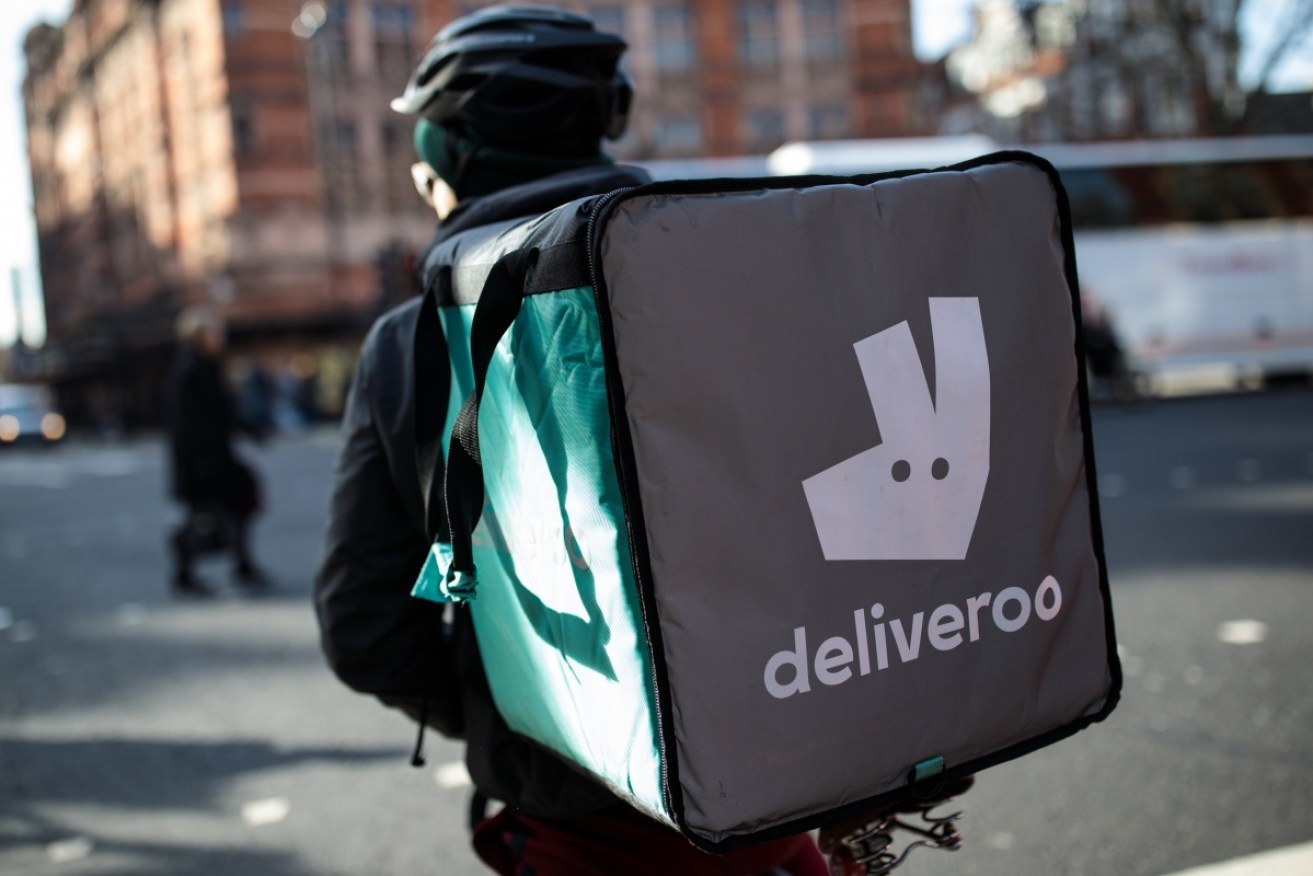We’re all hypocrites when it comes to ‘insecure work’


The ACTU's campaign against insecure work is pushing back against new consumer trends. Photo: Getty
In her speech on ‘secure work’ in Canberra on Wednesday, ACTU secretary Sally McManus argued that employers are using every loophole available in the Fair Work Act to erode worker pay and conditions.
She sees the Fair Work Act as being riddled with holes and that the Act’s umpire, the Fair Work Commission, is “stacked” with pro-big-business commissioners.
This, she says, has created an environment in which “casual work has increased, sham contracting continues unchecked, labour hire is growing, contracting out continues and the so-called gig economy is expanding”.
The Turnbull government protests that the actual rate of casual employment hasn’t changed for two decades. While that’s true it’s mostly beside the point.
Ms McManus now sees two classes of workers, “… those with access to rights and those without them”, resulting in the loss of “the minimum wage, sick leave, public holidays, health and safety protections and more”.
Is the Fair Work Act fair?
Central to the ACTU’s complaints are the blurred boundaries between ’employee’ and ‘sole trader/independent contractor’.
A genuine sole trader, who has capital invested in something like a lawn mowing round or coffee cart, is risking their savings in return for no minimum wage, no requirement to pay themselves super, or sick leave or anything else.
A step up from there are gig-economy workers such Uber taxi drivers. They also have a large investment (in a newish car), but rely on the marketing and market information of a multinational company to keep their business running.
Despite having been found by the Fair Work Commission not to be ’employees’ in January, rulings are going the other way for Uber drivers in some jurisdictions – potentially even in Western Australia.
Then there are workers with little or no capital invested, such as construction workers, but who in a tough labour market are discovering an increasing number of jobs are only advertised through labour hire firms.
Professor Mark Bray, the foundation chair in employment studies at the University of Newcastle, says that while some labour hire firms enforce mainstream workers’ rights, many see themselves as “intermediaries that consider the relationship to be between the company and the worker, in the same way Uber is supposedly a relationship between driver and client”.
Labour hire firms, almost by definition, bring in workers on lower wages and conditions than those enjoyed by direct employees of a company.
They make it impossible for workers to negotiate directly with companies, and in cases such as the recent Carlton United Brewery dispute, labour hire firms are pitted against each other to see who can bring labour costs down the most.
We’re all conflicted
The ACTU is right to say that its anti-casualisation agenda has plenty of public support from “those who don’t want to live in a nation of high inequality”.
But does that mean its battle for a return to ‘secure work’ will be effective?
There are reasons to think not.
For one thing, consumers – even union members – are buying into the ‘gig economy’ at a rapid pace, through services such a Uber, Freelancer.com, Deliveroo or Foodora.
Secondly, a significant portion of gig workers and casuals say they like their terms of employment – the former if they’re clearing above-market hourly rates, and the latter happy to forgo sick pay and holidays in return for the 15 to 25 per cent hourly loading they receive.
You could say, then, that if the worker and the employee is happy, there’s no problem.
Actually, there’s a big problem.
If insecure work continues to expand, the ‘social wage’ created by the historic ‘Accords’ between business, unions and government in the late 1980s and early 1990s would fall apart.
The more workers can avoid putting 9.5 per cent of their wages into a super fund, the larger will be the cost to the budget in future years when they retire on full pensions.
The more casuals there are without sick leave, or who can be instantly let go when a downturn strikes, the more they will fall back on Centrelink.
And the more ‘insecure’ workers there are unable to access home loans or sensible levels of private credit, the less they will be participating in the consumption side of the economy.
The ACTU presents its fight as being ‘workers against employers’, but when the bigger picture is taken in, it’s about a lot more than that.








